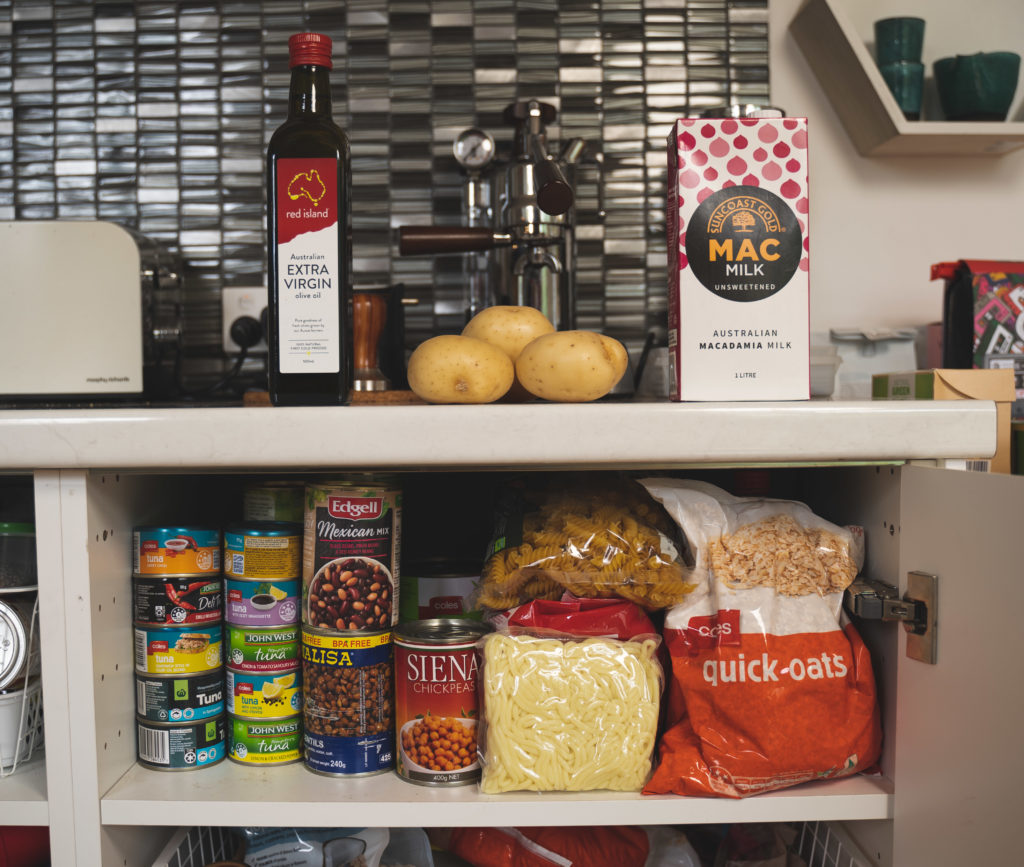Vaping, or the use of ‘e-cigarettes,’ is quickly becoming part of everyday Australian culture. As the science behind it becomes clearer, it’s an excellent time to think about the potential risks vaping may cause you.
For international students, this trend presents unique challenges. Trying to fit in while navigating language barriers and cultural differences is tricky enough. If you’re feeling uncertain about where to look for support or information, especially if you’re far from home, this guide is here to help you understand the vaping scene in Australia.
We spoke to Ravina Katyal, a senior smoking cessation counsellor and mental health clinician for Medibank with over 22 years of experience, to understand how vaping is affecting people and what they can do about it. Ravina supports people in overcoming addiction to smoking, vaping and e-cigarettes, and she has some great insight into where you can find help.
Vaping 101: What is vaping?
Let’s start with, what exactly is a vape? It’s a small, battery-powered device that contains a flavoured liquid with various chemicals, including nicotine, known for its addictive properties.
Many vapes are disposable, and you can find them at corner stores or online. They can last for thousands of ‘puffs,’ and some are even designed to resemble tobacco cigarettes, cigars, pipes or common items like pens and USB drives.
Ravina shares that vaping habits often begin with a desire to fit in or to experiment, particularly among young people.
“We hear from students who report that it was a part of the ‘cool culture’ at school, college or university,” she says. “International students, so far away from their own set of friends and family, are seeking ways and methods of coping.”
You may also be wondering if vaping is legal in Australia – a topic that has been in the news a lot recently. As stated on the Australian Government’s healthdirect website: You cannot purchase nicotine vaping products without a doctor’s prescription.
For more information, visit healthdirect and the Therapeutic Goods Administration website.
What are the risks of vaping?
Some people think vaping is a safer option compared to cigarettes, however, many experts warn that this is a misunderstanding. Both vaping and smoking come with risks, and we’re only beginning to learn about the long-term health effects of vaping.
Ravina agrees that vaping is not harmless and the impact of wide-scale use of these devices on health in the long run isn’t yet known.
Several hazardous compounds have been found in disposable vape liquids, including formaldehyde, acetaldehyde, and acrolein, which are known to cause cancers.
When heated and inhaled, these chemicals may be linked to altered brain development, gum disease, lung damage and heart disease.
In the short term, vaping has been associated with nausea, vomiting, airway irritation, chest pain and heart palpitations. Nicotine may worsen the effects of anxiety and depression, and people are three times as likely to take up cigarette smoking when they use e-cigarettes, compared to those who don’t. There are also other potential issues like leaking of nicotine, unreliable dosing and incorrect labelling.
Ravina has seen the real-world impact that vaping misinformation can have, especially for students from overseas who may not have easy access to the latest health advice and support.
What can I do to stop vaping or smoking?
Navigating your personal relationship with vaping can be tricky, especially if you’re surrounded by friends or family who participate in it. Here are some simple ways to make quitting easier.
- Figure out why you want to quit, for example, your health, saving money to go back home and see your family, or not getting addicted. Talk to your friends and family about it if you feel comfortable.
- Find ways to say “NO”. Think about how you’ll say no to a vape next time you’re offered. “It might be hard at first, but [people] need to feel empowered just to say ‘no, not today’ every time they are offered,” says Ravina.
- Find different ways to deal with stress. If you tend to vape when you are stressed, find some alternatives that work for you. For example, exercise, listening to music or meditation apps.
- Figure out a plan. You may want or reduce your usage gradually by setting a date to quit, or you may want to quit immediately. Have a plan ready, with how you will manage your cravings and what support you can access to achieve your goal.
If you need advice on how to quit, there are also professional services that can help you.
Where do I go for help?
If you want to speak to an expert, Ravina encourages you to call Quitline. Quitline is a free government-funded service.
Quitline provides strategies that you can use to quit vaping, or how to speak to someone whose vaping addiction may concern you. This service is free and confidential.
“Our advisors can take you through the necessary steps on how to get you started on your quitting journey,” adds Ravina. “We provide assistance on how you can manage the cravings to vape, if and when they arise. The advisors can also call you, at a time that is convenient for you, to provide you support as you try to quit.”
If you require assistance in a language other than English, you can ask to speak to a Quitline counsellor in Arabic, Cantonese, Mandarin or Vietnamese. Or, if you’d prefer another language, Quitline uses the Translating and Interpreting Service, which provides immediate assistance from an alternative interpreter.
You can call Quitline on 13 7848 Monday to Friday, from 8am to 8pm. Or, book a time for someone from Quitline to ring you.
Alternatively, you can visit your general practitioner (GP) for support when quitting. Healthengine is an excellent resource that helps you find a GP near you and book appointments online. Many university campuses also house health centres with staff who can offer advice and support.
As an international student in Australia, remember that your Overseas Student Health Cover (OSHC) will also cover various medical costs, such as a visit to the GP and some prescription medicines.
For support in navigating mental health issues related to quitting – such as stress and anxiety – consider reaching out to a mental health hotline, such as headspace or Beyond Blue. You can find a list of additional mental health support lines here.






